Filter by
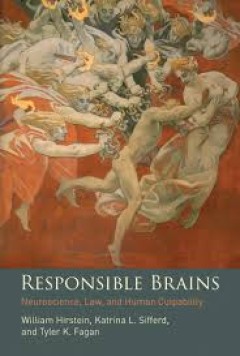
Responsible brains :neuroscience, law, and human culpability
An examination of the relationship between the brain and culpability that offers a comprehensive neuroscientific theory of human responsibility. When we praise, blame, punish, or reward people for their actions, we are holding them responsible for what they have done. Common sense tells us that what makes human beings responsible has to do with their minds and, in particular, the relationship b…
- Edition
- -
- ISBN/ISSN
- 9780262349277
- Collation
- 1 online resource (viii, 292 pages)
- Series Title
- -
- Call Number
- -
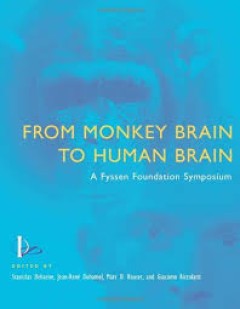
From Monkey Brain to Human Brain: A Fyssen Foundation Symposium
"Proceedings of the ninth Fyssen Symposium entitled "From monkey brain to human brain" which was held at the Pavillon Henry IV in St-Germain-en-Laye from 20 to 23 June 2003"--Preface.Leaders in cognitive psychology, comparative biology, and neuroscience discuss patterns of convergence and divergence seen in studies of human and nonhuman primate brains.The extraordinary overlap between human and…
- Edition
- -
- ISBN/ISSN
- 9780262271417
- Collation
- 1 online resource (xvii, 400 pages) :illustrations (some color).
- Series Title
- -
- Call Number
- -
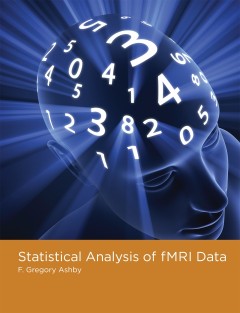
Statistical Analysis of fMRI Data
An overview of statistical methods for analyzing data from fMRI experiments.
- Edition
- Second edition
- ISBN/ISSN
- 9780262354059
- Collation
- 1 online resource (568 pages).
- Series Title
- -
- Call Number
- -
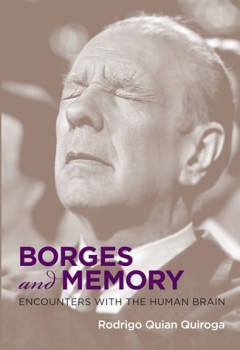
Borges and memory :encounters with the human brain
Discusses the science of memory and the interpretation of memory in the novels of Jorge Luis Borges and earlier literatures.OCLC-licensed vendor bibliographic record.
- Edition
- -
- ISBN/ISSN
- 9780262305877
- Collation
- 1 online resource (ix, 213 pages) :illustrations
- Series Title
- -
- Call Number
- -
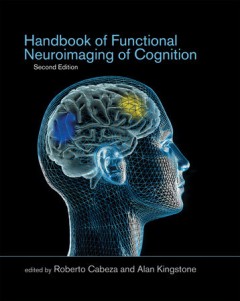
Handbook of functional neuroimaging of cognition
A new edition of the essential resource on using functional neuroimaging techniques to study the neural basis of cognition, revised with the student in mind; thoroughly updated, with new chapters on fMRI physics, skill learning, emotion and social cognition, and other topics. This essential resource on neuroimaging provides an accessible and user-friendly introduction to the field written by le…
- Edition
- 2nd ed.
- ISBN/ISSN
- 9780262316323
- Collation
- 1 online resource (x, 492 pages, 20 unnumbered pages of plates) : illustrations (some color).
- Series Title
- Cognitive Neuroscience
- Call Number
- 610 HAN
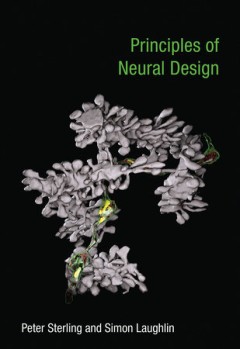
Principles of neural design
"Neuroscience research has exploded, with more than fifty thousand neuroscientists applying increasingly advanced methods. A mountain of new facts and mechanisms has emerged. And yet a principled framework to organize this knowledge has been missing. In this book, Peter Sterling and Simon Laughlin, two leading neuroscientists, strive to fill this gap, outlining a set of organizing principles to…
- Edition
- -
- ISBN/ISSN
- 9780262327312
- Collation
- 1 online resource (xxiii, 542 pages) :illustrations
- Series Title
- -
- Call Number
- -
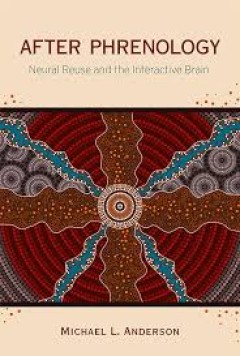
After Phrenology: Neural Reuse and the Interactive Brain
"A Bradford book.""The computer analogy of the mind has been as widely adopted in contemporary cognitive neuroscience as was the analogy of the brain as a collection of organs in phrenology. Just as the phrenologist would insist that each organ must have its particular function, so contemporary cognitive neuroscience is committed to the notion that each brain region must have its fundamental co…
- Edition
- -
- ISBN/ISSN
- 9780262320672
- Collation
- 1 online resource (xxiv, 385 pages) :illustrations (some color)
- Series Title
- -
- Call Number
- -
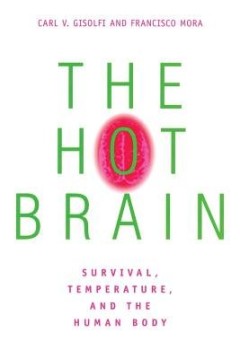
The Hot Brain : Survival, Temperature, and the Human Body
The book traces the story of the brain throughout evolution and shows how the control of body temperature as a survival mechanism was achieved. From the first unicellular life on Earth, living things have had the capacity to sense heat and cold and to avoid extreme temperatures. With the development of a bigger brain and a constant body temperature, mammals were able to change their habitats…
- Edition
- -
- ISBN/ISSN
- 9780262273886
- Collation
- 1 online resource (286 pages)
- Series Title
- -
- Call Number
- 613 GIS h
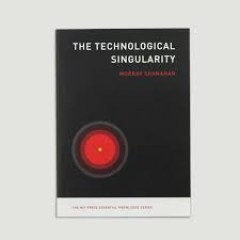
The Technological Singularity
"The idea that human history is approaching a 'singularity'--that ordinary humans will someday be overtaken by artificially intelligent machines or cognitively enhanced biological intelligence, or both--has moved from the realm of science fiction to serious debate. Some singularity theorists predict that if the field of artificial intelligence (AI) continues to develop at its current dizzying r…
- Edition
- -
- ISBN/ISSN
- 0262331829
- Collation
- 1 online resource (xxiii, 244 pages).
- Series Title
- -
- Call Number
- -
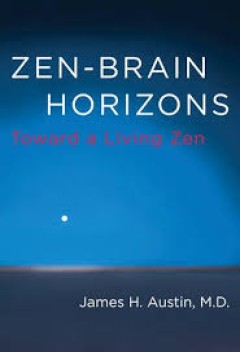
Zen-Brain Horizons: Toward a Living Zen
A neurologist and Zen practitioner clarifies the benefits of meditative training, drawing on classical Buddhist literature and modern brain research."In Zen-Brain Horizons, James Austin draws on his decades of experience as a neurologist and Zen practitioner to clarify the benefits of meditative training. Austin integrates classical Buddhist literature with modern brain research, exploring the …
- Edition
- -
- ISBN/ISSN
- 9780262321150
- Collation
- 1 online resource (xxi, 273 pages) :color illustrations
- Series Title
- -
- Call Number
- -
 Computer Science, Information & General Works
Computer Science, Information & General Works  Philosophy & Psychology
Philosophy & Psychology  Religion
Religion  Social Sciences
Social Sciences  Language
Language  Pure Science
Pure Science  Applied Sciences
Applied Sciences  Art & Recreation
Art & Recreation  Literature
Literature  History & Geography
History & Geography